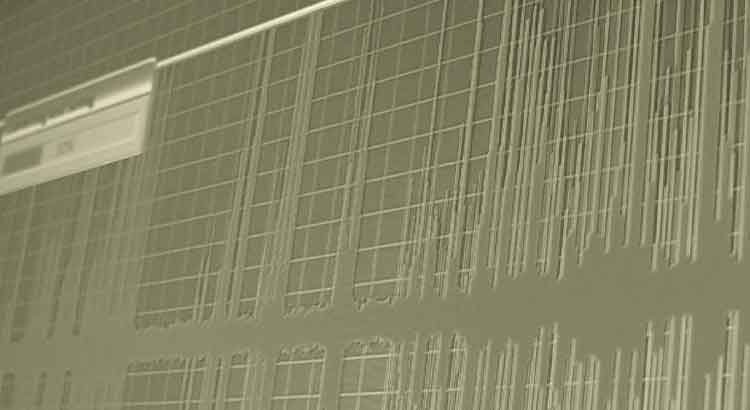It is a real wonder to be able to find, in a few clicks, from the end of the world, audios in dead languages pronounced according to the original speech. I think about the study of languages in past centuries. It is inevitable to see myself as privileged. For a long time I read English without knowing the correct pronunciation: a crass and compromising error—and I only understood it when I started reading poetry. In poetry, if one does not know the pronunciation, one does not understand contractions that may occur, sometimes the metrics seem confusing and, above all, one ignores the sounding of the verses which, in many cases, is fundamental. In The Raven, for example, pronounce open the closed tonic “o” that repeats itself closing all the stanzas of the poem, and the frowning effect, the idea and the feeling suggested by the phoneme are gone. Nevermore, nevermore, nothing more, nothing more… Here we already have an “r” which, in the English pronunciation, prolongs and amplifies the preceding vowel. From this the obvious conclusion: to understand the expressiveness of great poets, it is indispensable to know the phonetics of the language in which they composed. And, in this respect, the reader of this century only sins by neglect.
Wonders of This Century
